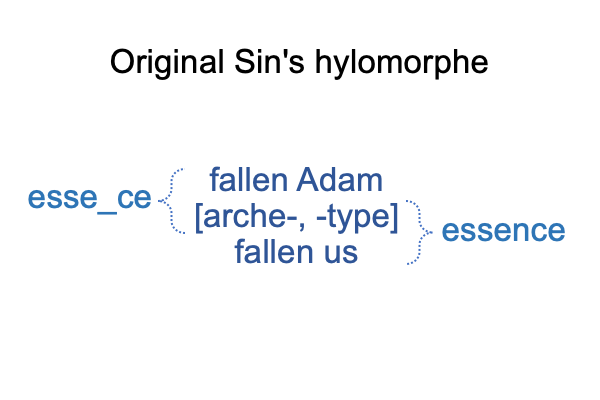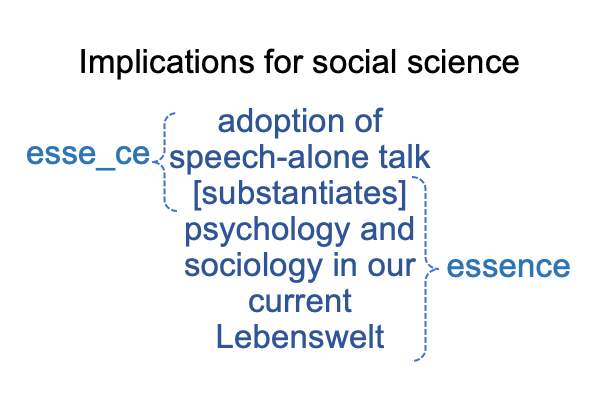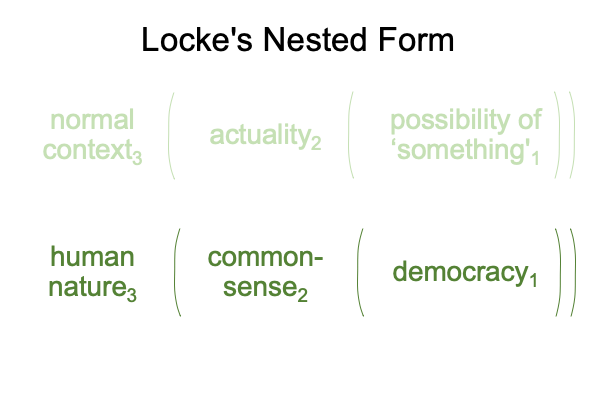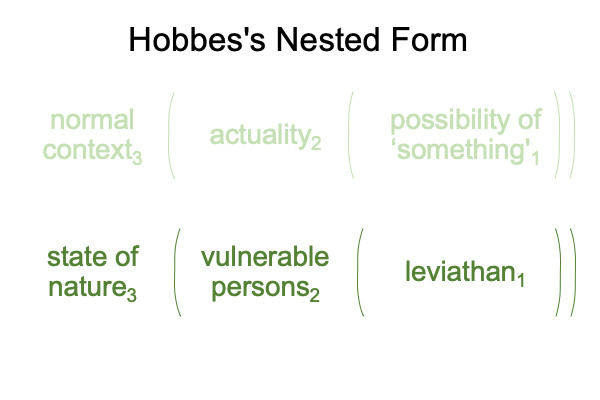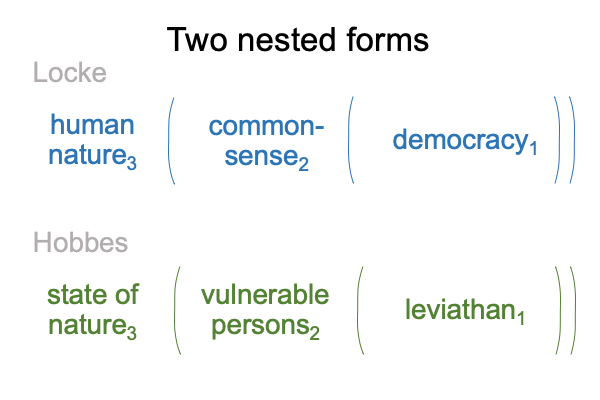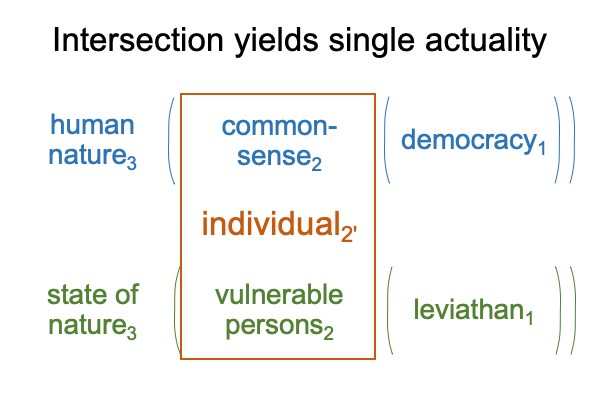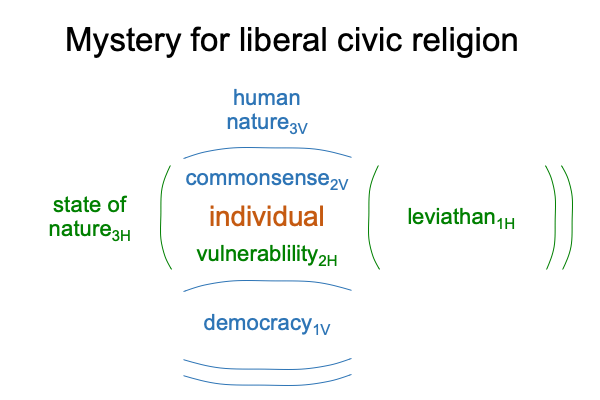Looking at John Walton’s Book (2015) “The Lost World of Adam and Eve” (Part 16 of 22)
0139 Proposition fifteen?
Adam and Eve admit disorder into the cosmos, by choosing to make themselves the center of their… um… universe.
Proposition sixteen?
We currently dwell in a world of non-order, order and disorder.
0140 John Walton pursues a plain-speaking question.
What is the cultural, literary and theological context of the text of Genesis, the lost world of Adam and Eve?
0141 The world of Adam and Eve is lost in three ways.
0142 First, the world of Genesis 2.4-11 is buried, literally.
The Ubaid, Uruk and Sumerian Dynastic periods are revealed through archaeological excavations. Archaeologists systematically excavate tells (hills) in the Middle East. Often, they purchase ancient objects found during fly-by-night excavations. Either way, perhaps a million cuneiform tablets (written on clay, fired into brick) have been uncovered. A few of these tables contain stories that are very similar (yet, at the same time, very different) to the biblical stories.
0143 Second, the world of the stories of Adam and Eve is remembered, by rote, for thousands of years in a living tradition. Not a word of Scripture can be changed, because that would be a violation of the written text. Prior to that, not a word of the oral tradition holding the Genesis stories could be changed, because someone would notice.
However, what the words are really describing, passes into a blank screen. That is the nature of speech-alone words. We project meanings, presences, and messages into spoken words. What happens when we forget the original potentials? The writers of the Second Temple Period wrestle with such loss.
0144 Third, the world of Adam and Eve sinks into the chaos of the world outside of the Garden of Eden.
According to Walton, the Garden is a priestly realm of Edenic order. The serpent is an agent of chaos. The created pair, fashioned out of dust and rib, choose to make themselves into the masters of this divinely-appointed order.
0145 Walton calls the tree of the knowledge of good and evil, “the tree of wisdom”.
What does that imply?
Do Adam and Eve pluck the fruit of that tree because they see it as a source of wisdom?
Or is something else going on?
0146 Ironically, that fruit turns out to be a claim to ownership of a previously established order.
Indeed, Eve consults the serpent, who obviously makes its living through speech-alone talk, about the consequences of eating from “the tree of wisdom”. The serpent does not mention the downside. The serpent does not say that current accommodations will be lost.
The serpent suggests, “The wisdom from this tree is your opportunity to take control of this joint.”
Is that what Eve wants to hear?
The scenario is even worse.
The serpent suggests, “The fruit of this tree will make you as smart as the founder, the one who set up the rules in the first place, and you will be the one who defines good and evil.”
For Eve, the deal sounds even better.
0147 Unbeknownst to Walton, the hypothesis of the first singularity asks us to look at this scenario as an insight into the way that our current Lebenswelt works, straight from the beginning.
It asks us to see how lessons from these stories apply to our own Lebenswelt.
Social systems carry the wisdom of prior generations. These social systems are framed in spoken words. These words lose their meanings, presences and messages as the current generations game the system. Then, the social systems do not make sense, because they cannot deliver order, because they’ve been gamed, by people who make their living only through speech-alone talk. Future generations seek consultants, who offer fruits of the tree of the knowledge of good and evil. People fall in love with empty promises. Then, the systems fail and order is truly lost.

